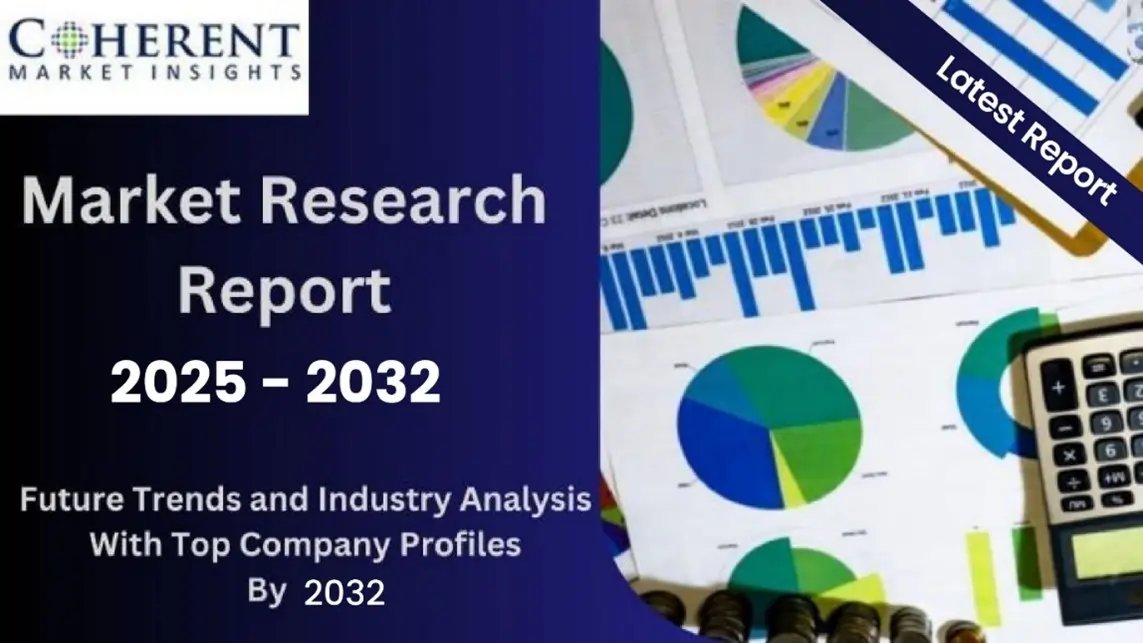World Bank’s Managing Director Discusses the Arab World Initiative during Cairo Visit
Published by Gbaf News
Posted on December 30, 2010
6 min readLast updated: January 22, 2026

Published by Gbaf News
Posted on December 30, 2010
6 min readLast updated: January 22, 2026

Mahmoud Mohieldin, who joined the World Bank Group as Managing Director in October, led a mission to Cairo to discuss strengthening cooperation and partnership with the League of Arab States and concerned ministers in the Egyptian Government within the framework of the World Bank’s Arab World Initiative (AWI). The AWI is an approach to the countries of the Arab League to support economic cooperation and knowledge sharing across the Arab world.
Mohieldin met with Amr Moussa, Secretary General of the League of Arab States (LAS) to discuss potential areas of cooperation between the Bank and LAS member countries.
It was agreed during the meeting to institutionalize a partnership between the two institutions under the AWI initiative, through the signing of a memorandum of understanding aimed at enhancing the effectiveness of cooperation and setting out an institutional framework for future collaboration.
“In coordination with the Arab League, the Bank will support the top priorities of the region especially in the areas of human development, infrastructure and job-creating micro, small and medium enterprises to help the region achieve economic integration and boost employment and job creation across the Arab world,” said Mohieldin.
Speaking at the ministerial meeting of the LAS Social and Economic Council in Cairo on December 22, 2010, Mohieldin said the AWI, launched by World Bank President Robert B. Zoellick in 2007, mainly targets inclusive economic development in Arab countries, through fostering Arab cooperation.
“AWI is underpinned by principles of partnership and support for comprehensive development and enhancement of cooperation opportunities among the Arab world,” said Mohieldin. “The initiative includes all Arab state members of the Arab League, and ensures responsiveness to clients’ needs and addresses priorities specified by Arab countries through the Annual Summit meetings, Biennial Economic and Social Summit Meetings as of 2009 held first in Kuwait, and the bilateral and multilateral agreements concluded among Arab countries to strengthen cooperation among them.”
The World Bank will assist in providing finance in addition to advisory services and institutional capacity building in order to facilitate successful implementation of these projects, said Mohieldin. This will bring the Bank’s international in work with 187 member countries to the benefit of the Arab world, he added. This will be pursued in three main thematic areas of cooperation:
First: Infrastructure Projects
Mohieldin said the World Bank could provide support for developing financial markets, particularly mid- and long-term local currency financing for such projects. The Bank also offered to provide technical assistance to develop technical, oversight and management capacities needed for the success of such projects.
Second: Micro, Small and Medium Enterprises Development that contribute to job creation, especially for the youth, and economic growth in the Arab countries. In this respect, Mohieldin underlined the importance of the progress made by the establishment of the Arab Small and Medium Enterprise Fund as one of the significant results of the Arab Economic and Social Development Summit in Kuwait.
In pursuit of this objective the World Bank Group is providing financial and technical support to numerous countries with the objective of developing the micro, small and medium enterprises sector in the Arab world, through the activities of the International Finance Corporation (IFC) and the International Bank for Reconstruction and Development (IBRD) and in partnership with other international and regional financial institutions.
Third: Human Development and Improving the Quality of Education, one of the most important pillars of the initiative, aimed at investment in people including scaling up the quality of education, and the provision of vocational training programs.
In this respect, the World Bank looks forward to sharing with member countries of the Arab League findings of the recent Education Strategy built on international experience and best practices. It proposes a road map for scaling up the quality of education and various skills that is linked to the needs of labor markets.
“The World Bank is following up on the Doha Declaration supported by 18 Arab countries in connection with education and accreditation in order to support education and sharing of expertise and information,” said Mohieldin.
He added that the World Bank will make available its expertise in managing student educational exchanges to the best international universities in various fields of learning related to economic development, sciences, advanced research, economics and finance.
“The Bank looks forward to outcomes of the Arab Economic and Social Development Summit, and we are glad to see on the Summit’s agenda, meeting the Millennium Development Goals (MDGs). The Bank will make available its financial and technical potential as stressed by the Bank’s President in order to achieve such results in a manner conducive to serving interests of Arab citizens,” said Mohieldin in his concluding address to LAS Social and Economic Council of Ministers.
Mohieldin also met Egyptian Prime Minister Dr. Ahmed Nazif. Mohieldin and underlined the significance of the Bank’s role in supporting efficient infrastructure to enhance cooperation among the Arab countries, in particular Arab cross-border infrastructure projects. Additional meetings included Minister of Finance Dr. Youssef Boutros-Ghali; Minister of International Cooperation Fayza Aboulnaga; Minister of Electricity and Energy Dr. Hassan Younes; Minister of Economic Development Dr. Osman Mohamed Osman; Minister of Civil Aviation Ahmed Shafik; Minister of Foreign Affairs Ahmed Aboul Gheit; Minister of Telecommunication and Information # Dr. Tarek Kamel; Minister Trade and Industry Rachid Mohamed Rachid; Minister of Higher Education Dr. Hany Helal; Minister of Manpower and Immigration Aisha Abdel Hadi; Minister of Education Dr. Ahmed Zaki Badr, and Minister of Transportation Alaa Fahmy.
In a meeting with Dr. Farouk El Okdah, Governor of the Central Bank of Egypt, Mohieldin discussed possible means of financing infrastructure projects and MSMEs. They discussed the World Bank’s role in financial sector reforms and developing financial services in Egypt
Explore more articles in the Top Stories category











